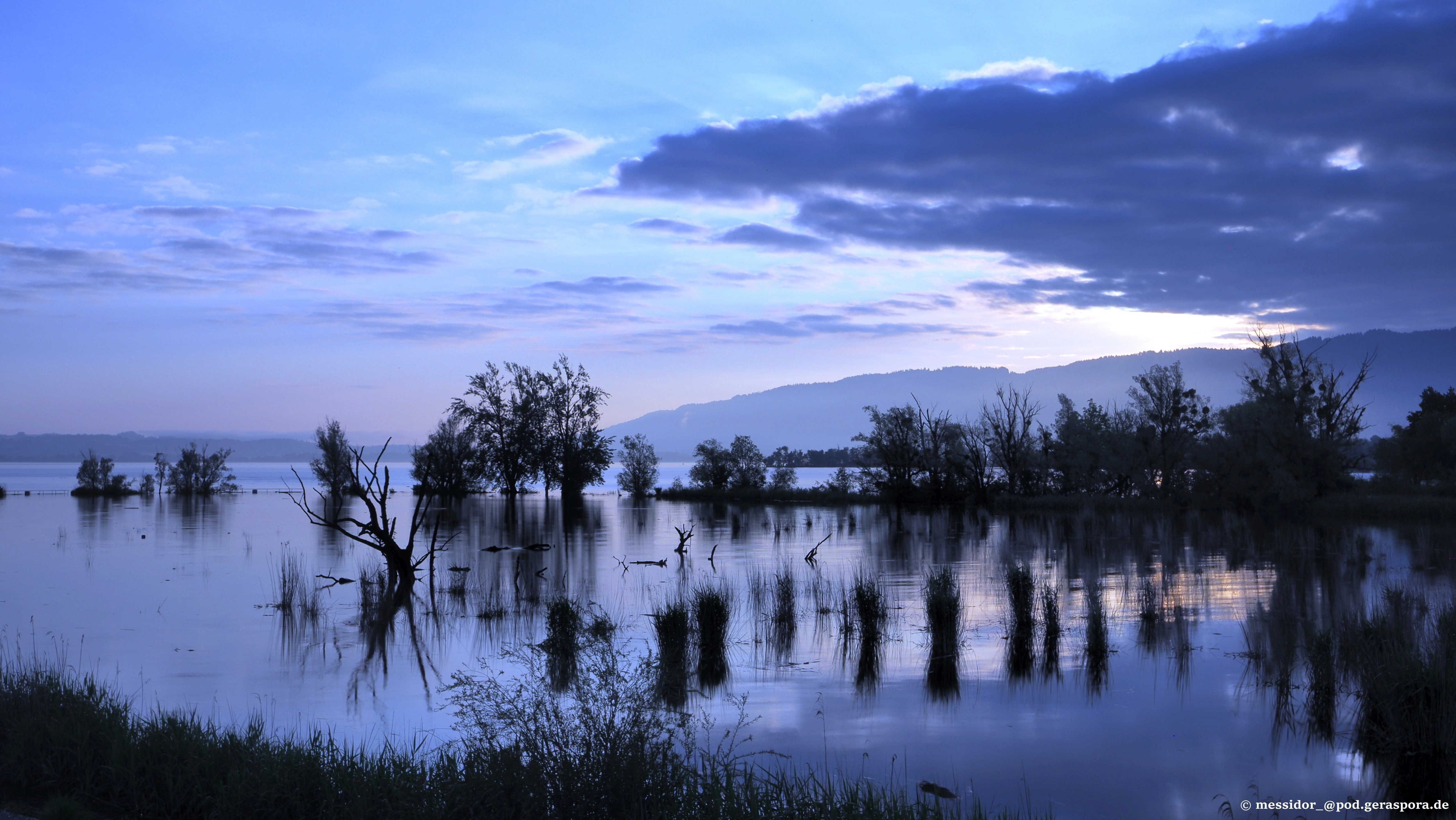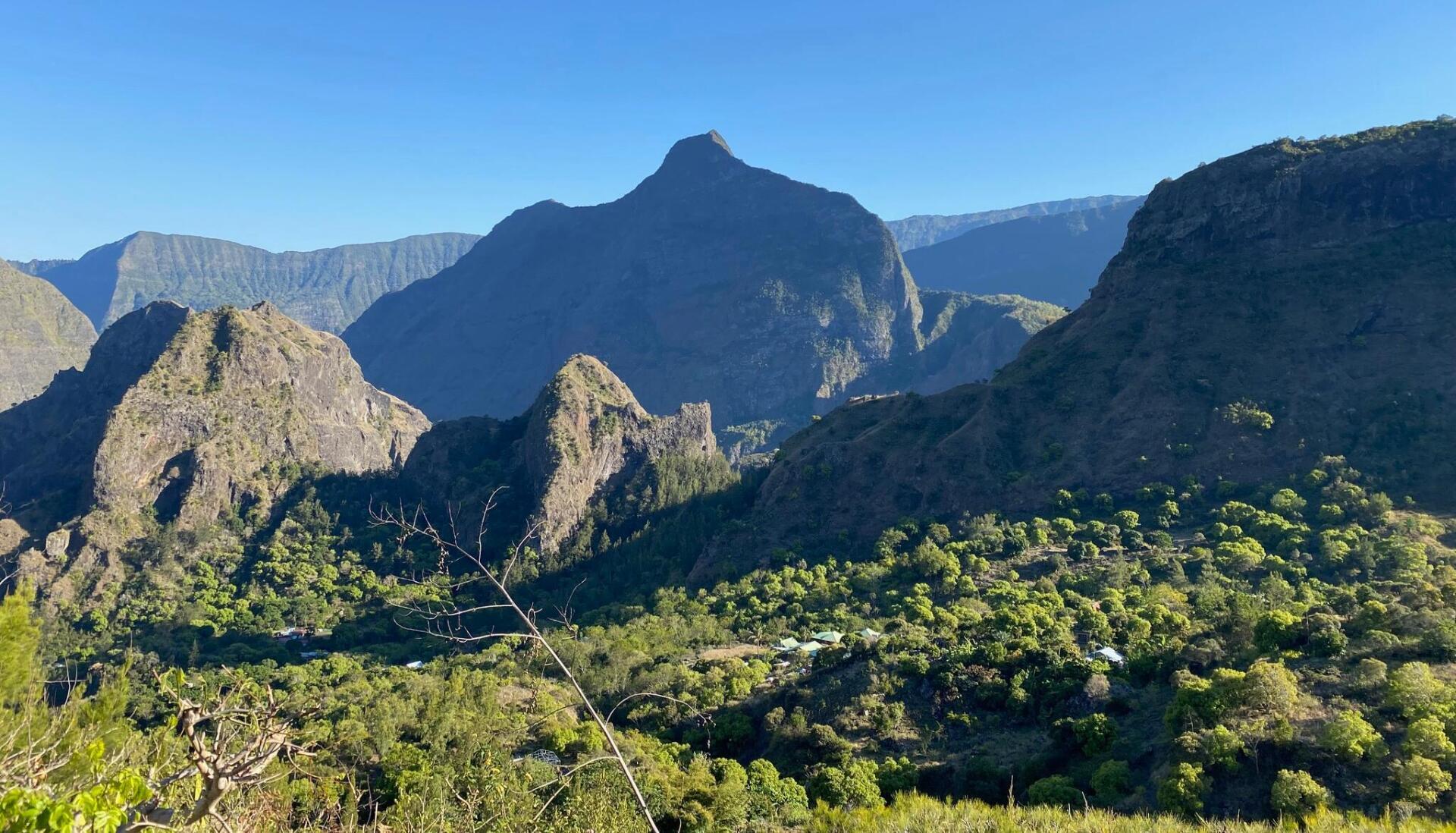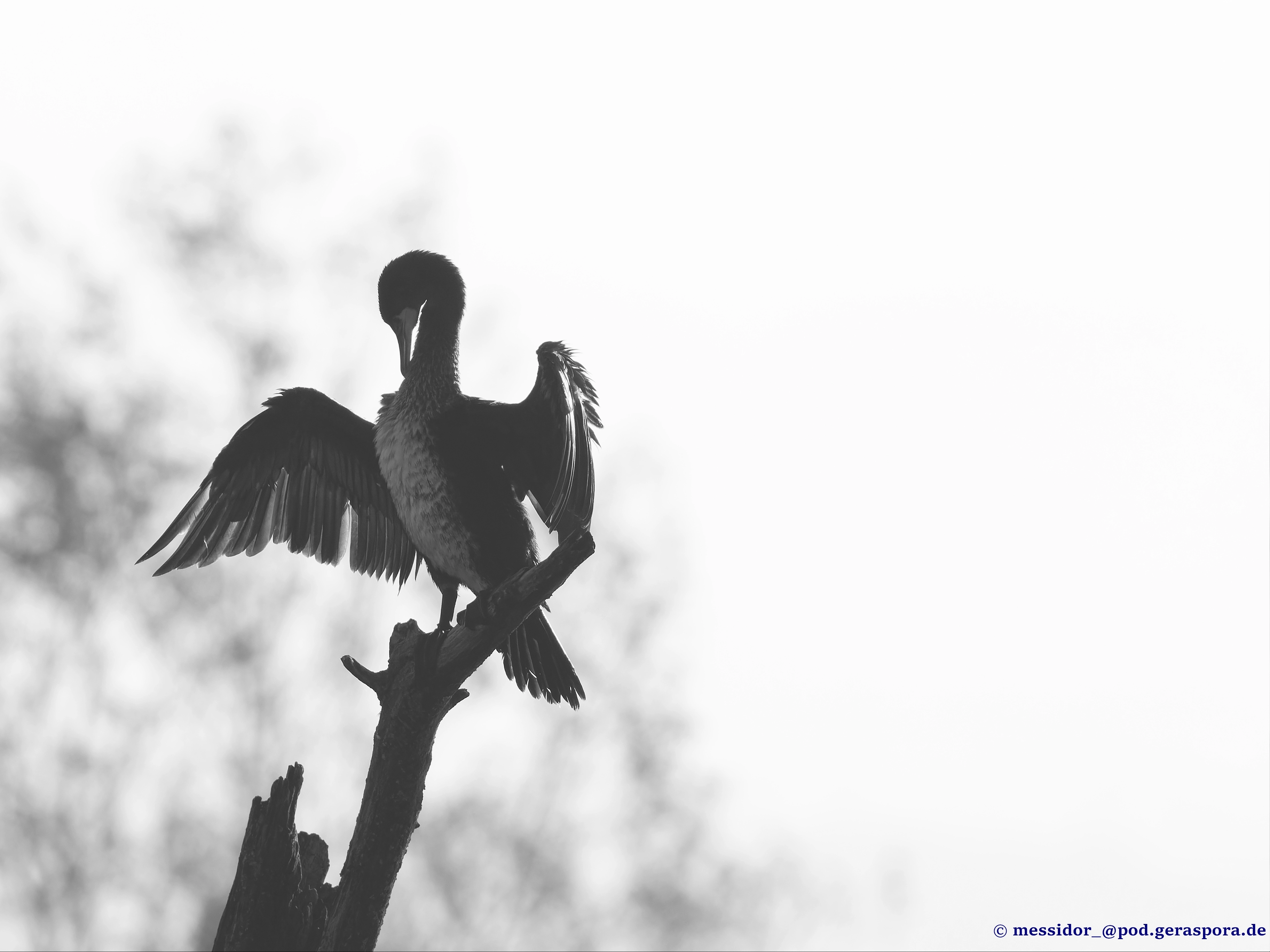
Am Rheindelta - Bodensee
09.06.2024
#foto #photo #photographie #Fotografie #Natur #Nature #olympus #omsystem #myphoto #mywork #Rheindelta #Bodensee
31 Likes
4 Comments
1 Shares

09.06.2024
#foto #photo #photographie #Fotografie #Natur #Nature #olympus #omsystem #myphoto #mywork #Rheindelta #Bodensee

Utrecht 2023
Deze zonovergoten bloemen zag ik aan de waterkant:

Utrecht 2023
#bloem #flower #foto #fotografie #nature #natuur #netherlands #photo #photography #utrecht
Originally posted at: https://blog.ernste.net/2024/06/09/zomers-geel/
Solo Hiking 150km across Réunion Island

/images/2022/06/23/cirque_de_mafate.jpg)
https://www.youtube.com/watch?v=0meEHOdnX64
44:35 min video
https://en.wikipedia.org/wiki/R%C3%A9union
https://www.youtube.com/watch?v=JTyEaDSIrpI
#Breaking the #Illusion: #Self-Discovery and #Transcending #Limits - #PeterCrone - Think Tank - E32

08.06.2024
#foto #photo #photographie #Fotografie #Natur #Nature #Kormoran #Kormorane #olympus #omsystem #om-1 #myphoto #mywork #Vögel

Utrecht 2023
Als het ware een kakofonie van witte bloempjes:

Utrecht 2023
#bloem #flower #foto #fotografie #nature #natuur #netherlands #photo #photography #utrecht
Originally posted at: https://blog.ernste.net/2024/06/08/veel-witte-bloemetjes/
https://theweek.com/environment/heat-records-earth-global-temperatures
#climatechange #globalwarming #nature #environmentalism #news #weather
https://mastodon.social/@backyardecology/112576993123200743 backyardecology@mastodon.social - Photos from this morning's dragonfly walk in the backyard: A female blue dasher, a male pondhawk and a male and female widow skimmer. #dragonflies #Odonata #Illinois #nature #photography
I certainly want to believe this but I have a hard time buying that the number of visitors is high enough to turn a profit
But alongside the mourning were moments of euphoria. As the film shows, Burrell and Tree had begun to question their farming methods a few years earlier, after meeting ancient tree expert Ted Green (nominative determinism looms large in this story). He told them that their ancient hedgerow oaks were species-rich arks but in poor health, because decades of intensive farming had decimated their soils, destroying life-giving networks of mycorrhizal fungi.
Over the last decade, Knepp has become a dramatic success story. This can be measured in nightingales (69 singing males across Knepp – conventional nature reserves are delighted if they attract five); storks (24 nests and 93 eggs this year for the reintroduced species); carbon (new studies suggest regenerating soil and scrub at Knepp sequesters as much if not more carbon as newly planted deciduous woodland); and full-time employees (from 23 on the conventional farm to 90 today). There has also been a stampede of farmers following their example: unlike most orthodox farms, Knepp is profitable even without counting government environmental payments.
Tree is used to batting away arguments that Knepp’s seismic shift is endangering our food security. “On the planet,” she says, “we’re producing enough food for 11 billion people. We are eight billion people now – we waste 30-40% of our food. We’ve got to stop that. The agriculture we have is not sustainable. We’ve got to move away from intensive livestock. We’ve got to think about our intake of meat and where it comes from.”
For Tree, “rewilding is farming’s most natural ally and they shouldn’t be separated or pitted against each other”. Food production requires the natural services that wilding provides: pollination, healthy soils, clean water, fewer floods. “Unless we have ribbons of functioning nature running throughout our cities, countryside and agricultural areas, we’re missing that life-support system for food production.”
In England, only 8% of the countryside is open for walking, picnicking and other outdoor activities. This includes footpaths, the coastal path, mountains, moors, heaths and downs. In Scotland, all of the countryside is open for access as long as guidelines are followed such as leaving no trace and not harming farmland.
Data shows implementing policy that closes 92% of English countryside cost £69m over five years
#Scotland #England #nature #countryside #RightToRoam #walking #exercise